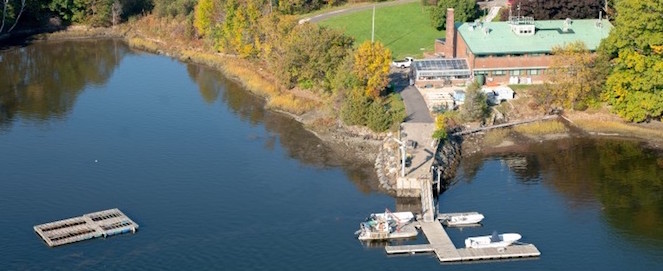
Jackson Estuarine Laboratory
Ecology of Estuarine Bacteria Capable of Causing Human Disease: A Review
Abstract
Certain bacteria indigenous to estuaries are capable of acting as opportunistic pathogens of humans. While it is sometimes difficult to prove that a given bacterium is a bona fide inhabitant of the estuary from which it was isolated, it is even more difficult to describe the niche of that bacterial species. This statement applies to all estuarine bacteria, including opportunistic human pathogens. On the other hand, much has been learned about the pathogenic attributes of bacteria that cause human disease, including genetic control mechanisms for virulence factors. The focus of this review is to put into perspective current knowledge of the ecology of those estuarine bacteria that can inhabit both estuaries and humans. Particular attention is paid to those attributes that allow these bacteria to exist in and move between estuaries and the human body. Genera covered includeAcinetobacter, Aeromonas, Clostridium, Enterobacter, Flavobacterium, Klebsiella, Legionella, Listeria, Plesiomonas, Pseudomonas, andVibrio, and the conclusion reached is that much remains to be learned about the estuarine ecology of these important bacteria.
Publication Date
12-1-1991
Journal Title
Estuaries
Publisher
Springer
Digital Object Identifier (DOI)
Document Type
Article
Recommended Citation
Grimes, D.J. 1991. Ecology of Estuarine Bacteria Capable of Causing Human Disease: A Review. Estuaries 14:345-360.
